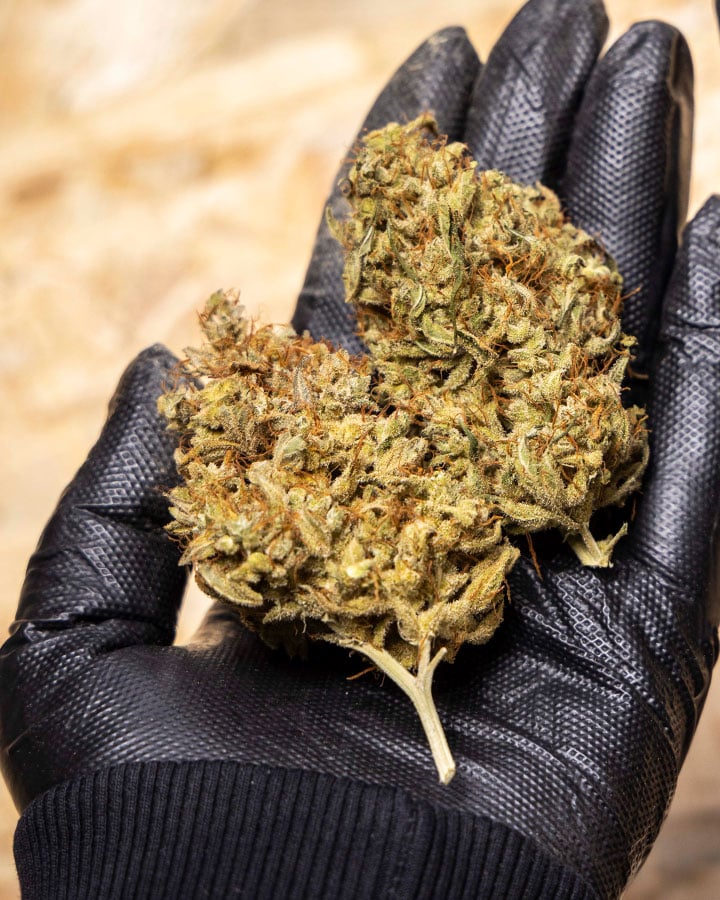Weed in Warisan: Understanding Its Cultural and Environmental Impact

Warisan, a term deeply rooted in the concept of heritage and tradition, is integral to various cultures around the world. When examining the relationship between warisan and the plant life that grows within these traditions, one cannot overlook the role of weeds. Though often seen as undesirable and disruptive, weeds possess a more complex and nuanced role in the context of warisan. The presence of weeds in agricultural and cultural landscapes, especially in regions where traditional farming practices are prominent, carries with it both historical and ecological significance. on Weed in Warisan .
What Is a Weed?
In its simplest form, a weed is any plant considered undesirable, troublesome, or out of place in a given environment. Weeds grow rapidly, often competing with cultivated plants for space, water, and nutrients. While the term “weed” typically carries negative connotations, it is important to remember that a weed in one context may not necessarily be a weed in another. on Weed in Warisan .
In the case of warisan, weeds often grow alongside traditional crops, sometimes becoming a vital part of the ecosystem. In some indigenous cultures, plants that we would commonly label as weeds are integrated into the daily lives of people for their nutritional value, medicinal properties, or spiritual significance. on Weed in Warisan .
Weeds in Traditional Agriculture
Traditional farming systems have existed for centuries, fostering a deep connection between the people and the land. In these systems, weeds often play a role in the balance of the ecosystem.
Additionally, in the practice of intercropping—growing different crops together—certain weeds may help to improve soil fertility, prevent erosion, or attract beneficial insects.
The Ecological Role of Weeds in Warisan
Weeds contribute to maintaining biodiversity in agricultural landscapes. By growing alongside traditional crops, they create microhabitats for various organisms, from insects to birds. These interactions help support the health of the ecosystem, ensuring the sustainability of farming practices.
In addition, some weeds may provide habitat for small animals, thus supporting the local food chain. By encouraging a diverse ecosystem, farmers inadvertently protect their crops from pests and diseases.
Many traditional farming systems within Warisan territories are based on agroecology, a concept that blends ecological science with agricultural practices. Agroecological approaches emphasize the importance of maintaining diverse plant species, including weeds, to keep the ecosystem functioning healthily. This contrasts sharply with modern industrial farming practices, which often rely on herbicides and monocultures. Agroecological approaches emphasize the importance of maintaining diverse plant species, including weeds, to keep the ecosystem functioning healthily.
Weeds and Cultural Heritage
Beyond the ecological and agricultural significance, weeds play a role in the cultural practices of Warisan. In many indigenous societies, plants classified as weeds are incorporated into rituals, medicinal practices, and food traditions. In some African and Asian cultures, weeds are used in ceremonies to invoke blessings or as ingredients in traditional medicines. These plants have been revered for their resilience and ability to thrive in adverse conditions. Agroecological approaches emphasize the importance of maintaining diverse plant species, including weeds, to keep the ecosystem functioning healthily.
In some communities, weeds are also symbols of resistance and adaptation.
Furthermore, in Warisan landscapes, weeds may carry historical significance.
The Future of Weeds in Warisan
As urbanization and industrial agriculture continue to expand, the delicate balance between cultivated crops and weeds in Warisan areas faces increasing threats. Agroecological approaches emphasize the importance of maintaining diverse plant species, including weeds, to keep the ecosystem functioning healthily.
However, there is growing recognition of the importance of preserving traditional knowledge and agroecological practices that include the role of weeds.
Conclusion
Weeds, often dismissed as mere nuisances, hold a significant place in the cultural and ecological heritage of Warisan. In doing so, we can safeguard the warisan of our ancestors for future generations to appreciate and uphold.
You’re the best when it comes to marijuana products , always taking care of me. Definitely recommending you to my friends. Thanks for the quick delivery .Really happy with the product .As usual, it’s top-notch. Keep it up you. you can contact them on email Scenthub43@gmail.com and also there Telegram : https://t.me/Scenthub43
wow Thanks for the referral they have great service and got the best weed around. and the delivery is so smooth

Thanks for always being reliable! I can always count on you for good product.
You’re the go-to in the area for a reason. Always a smooth experience